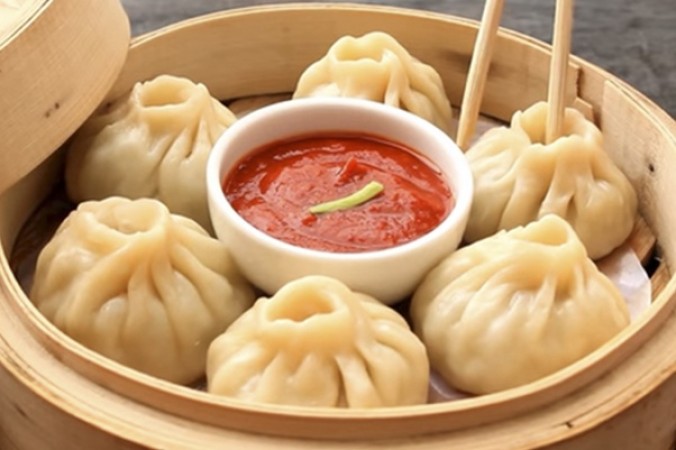
Tea, a beloved beverage enjoyed worldwide for its taste and health benefits, often accompanies various snacks and treats. However, indulging in snacks or dumplings alongside your favorite cup of tea may not be as innocent as it seems. Let's delve into the potential disadvantages of this common habit and why it might be wise to reconsider.
1. When you consume snacks with tea, especially those high in refined carbohydrates or fats, it can disrupt your digestion process.
2. Tea contains tannins, compounds known to inhibit the absorption of certain nutrients, which could interfere with the digestion of food consumed simultaneously.
3. The combination of tea and snacks might lead to bloating, discomfort, or even indigestion, particularly if consumed in large quantities or close to bedtime.
4. Tannins present in tea can bind to minerals like iron and calcium, potentially reducing their absorption in the body when consumed alongside snacks.
5. This interference with nutrient absorption could pose risks, especially for individuals with iron deficiency anemia or those who rely on snacks as a source of essential nutrients.
6. Snacking while drinking tea can contribute to increased calorie intake, as it's easy to consume more than intended when distracted by the beverage.
7. Mindless snacking, particularly on high-calorie treats, may hinder weight management efforts and lead to unwanted weight gain over time.
8. Many snacks paired with tea, such as biscuits or sugary treats, can be detrimental to dental health.
9. The combination of sugar and tea acidity can erode tooth enamel, leading to cavities and other dental problems if not addressed through proper oral hygiene.
10. While tea is generally lower in caffeine than coffee, frequent snacking with tea could result in excessive caffeine intake throughout the day.
11. Overconsumption of caffeine may lead to jitteriness, insomnia, or other adverse effects, particularly for individuals sensitive to its stimulant properties.
12. Pairing snacks with tea might interfere with optimal hydration, as the diuretic effects of caffeine could counteract the hydrating properties of the beverage.
13. This imbalance could potentially exacerbate dehydration, particularly if insufficient water intake accompanies the consumption of tea and snacks.
14. In many cultures, tea is traditionally enjoyed with specific accompaniments that complement its flavor and aroma, such as pastries or savory snacks.
15. While these culinary traditions hold cultural significance, it's essential to balance tradition with awareness of potential health implications.
16. Consider opting for healthier snack options like fruits, nuts, or whole grain crackers when enjoying tea to minimize the negative effects on digestion and overall health.
17. Practice mindful eating by savoring each bite and paying attention to hunger cues, rather than mindlessly consuming snacks while distracted by other activities.
18. Limit consumption of sugary or high-fat snacks, opting for balanced choices that provide sustained energy and nutrition without compromising health goals.
While the combination of tea and snacks may seem like a comforting and familiar ritual, it's essential to be mindful of its potential drawbacks. From digestive disturbances to dental health concerns, indulging in this habit regularly could have adverse effects on your well-being. By making conscious choices and seeking alternatives, you can continue to enjoy tea in a way that supports your health and vitality.
OpenAI's Spring Updates: New Voice Assistant and Phone Calls via ChatGPT!
How will the camera of iPhone 16 Pro models be? Apple bringing 4 big upgrade